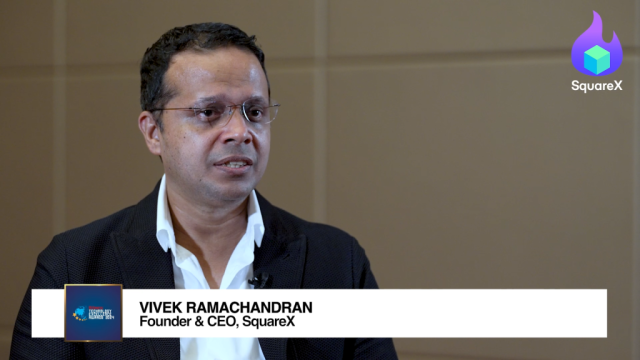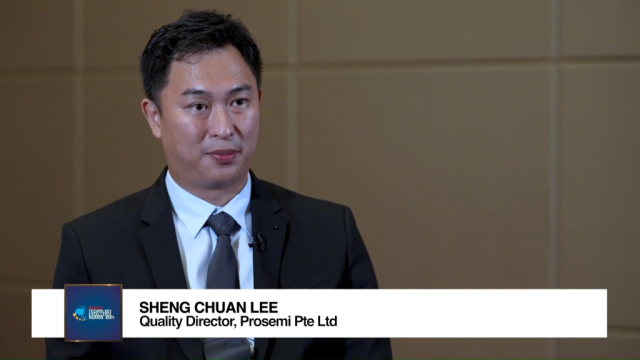
What lies ahead for the Philippines after Fitch's investment grade
Under-investment in the economy still lingers, says analyst.
According to OCBC Bank, Fitch’s upgrade of Philippines’ credit rating to BBB- has finally granted the country an investment grade status and has left investors wondering if it will spark the likes of Moody’s and S&P to follow suit and confirm the country’s status in the investment grade bloc.
Here's more:
Certainly, the credit rating action itself was not completely a surprise given that the Philippines has garnered plenty of positive attention in recent years, on the back of its successful fiscal reforms and its region-topping GDP growth of 6.6% yoy in 2012.
In a teleconference held on April 3, Fitch has reiterated that the country’s economic resilience, sound policy framework and strong external liquidity position driven by persistent current account surplus are the basic underlying reasons that have led to the rating upgrade.
The perceived limitations expressed by Fitch include the fact that fiscal revenue base is still considered to be relatively low while governance score continues to lag its peers, making it unlikely for Fitch to consider another rating upgrade in the coming couple of years.
Interestingly, these are the same exact limitations that have been expressed on several occasions by Moody’s and S&P in their outlook of the Philippines sovereign credit rating.
Despite the increasingly high expectations that Moody’s and/or S&P may follow suit in upgrading its rating on the Philippines this year, we remain somewhat skeptical on this as we see little change in our assessment on Philippines’ macro risk profile at this juncture.
We remain of the view that sustained growth resilience and fiscal performance are not granted, especially given our expectation that the pace of economic growth may moderate to about 5.5 % yoy in 2013 and 2014, below the 6-7% average growth potential we expect for the medium-term.
Key to our view on the economy is the fact that there are still signs of under-investment in the economy and that FDI flows continue to lag well behind the likes of OFW remittances and/or portfolio flows. Note that annual FDI inflows to the Philippines averaged less than USD 2bn in the past 5 years, well below the rest of ASEAN-5.
It is important to note that lessons from similar cases of credit rating upgrades (Indonesia in December 2012/January 2013 or in the case of Brazil in June 2008 and India in February 2004) suggest that FDI inflows to the Philippines should improve markedly following the investment grade status.
This completely makes sense, in theory, as the nominal amount of investment from big multinational firms in the Philippines maybe subjected to maximum internal limits as long the country still has a junk status.
What is unique for the case of the Philippines though, is the fact that the country’s negative investment list for foreign investment continues to be a constraint in the near-term, and there is likely to be little change before 2014 if the current government fails to speed up political reforms.
As such, despite the anticipated surge in FDI inflows that typically accompanies a credit rating upgrade to an investment grade, we are less than optimistic for this to be witnessed for the Philippines at this juncture.
Our assessment on the country’s macro risk profile still depends largely on he upcoming legislature elections in May, where we will monitor the success of President Aquino’s allies, which will be extremely important for progress of further reforms in the economy.
Meanwhile, our thoughts of how the credit rating upgrade by Fitch will affect the performance of Philippines’ assets are far from exciting, given that such a move might have been broadly preempted by the market.
Indeed, from the experiences of the countries noted above, we see little evidence that the credit rating upgrade alone will necessarily prompt further appreciation in the local currency or lowering of yields on government bonds.
If anything, some profit-taking should not be ruled out. As for equities, the stylized evidence is somewhat mixed: there is some evidence that the credit rating upgrade would spur further gains in equities in the longer-term horizon, although we would also note that there is a need for growth resilience to sustain.
























 Advertise
Advertise









